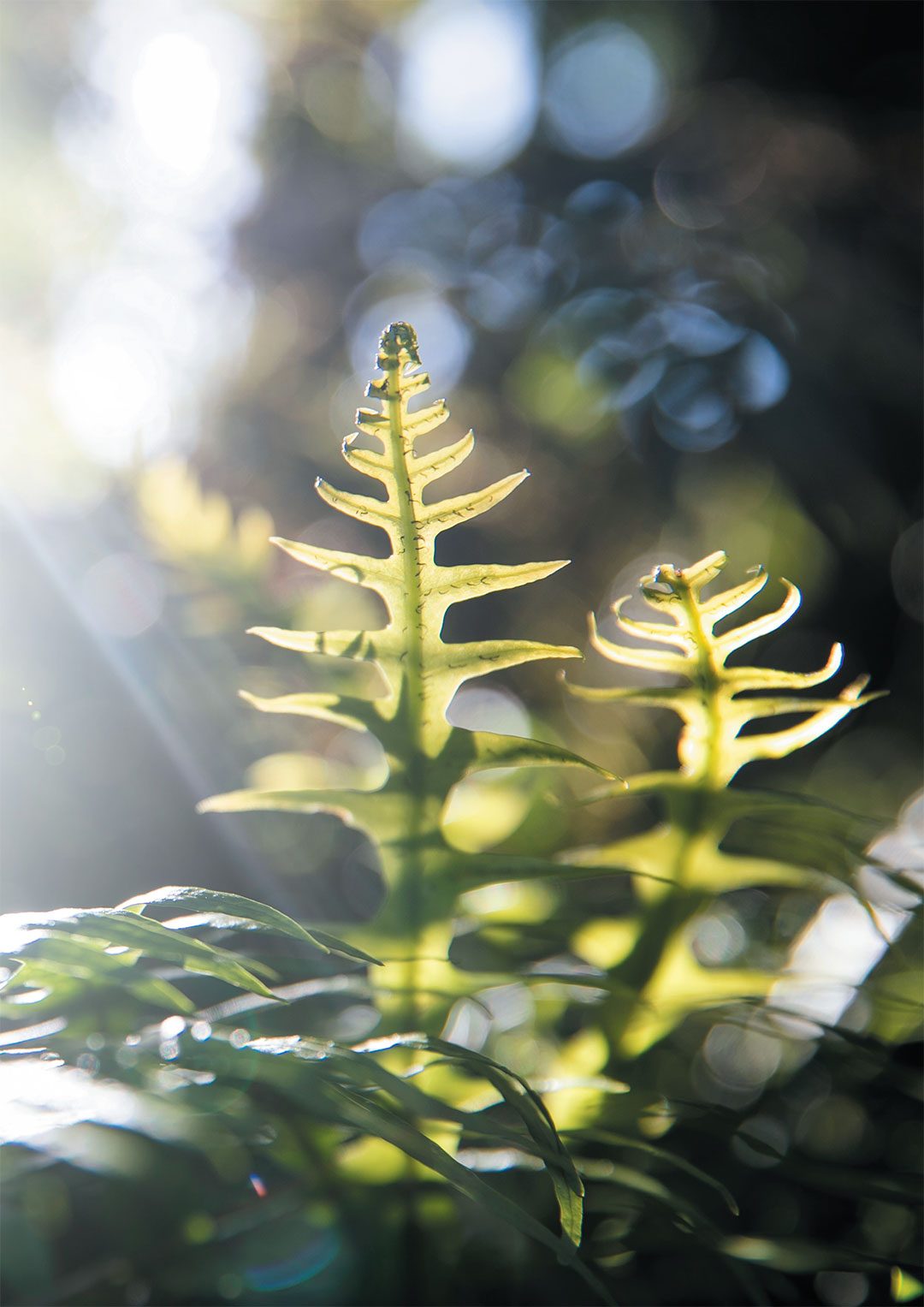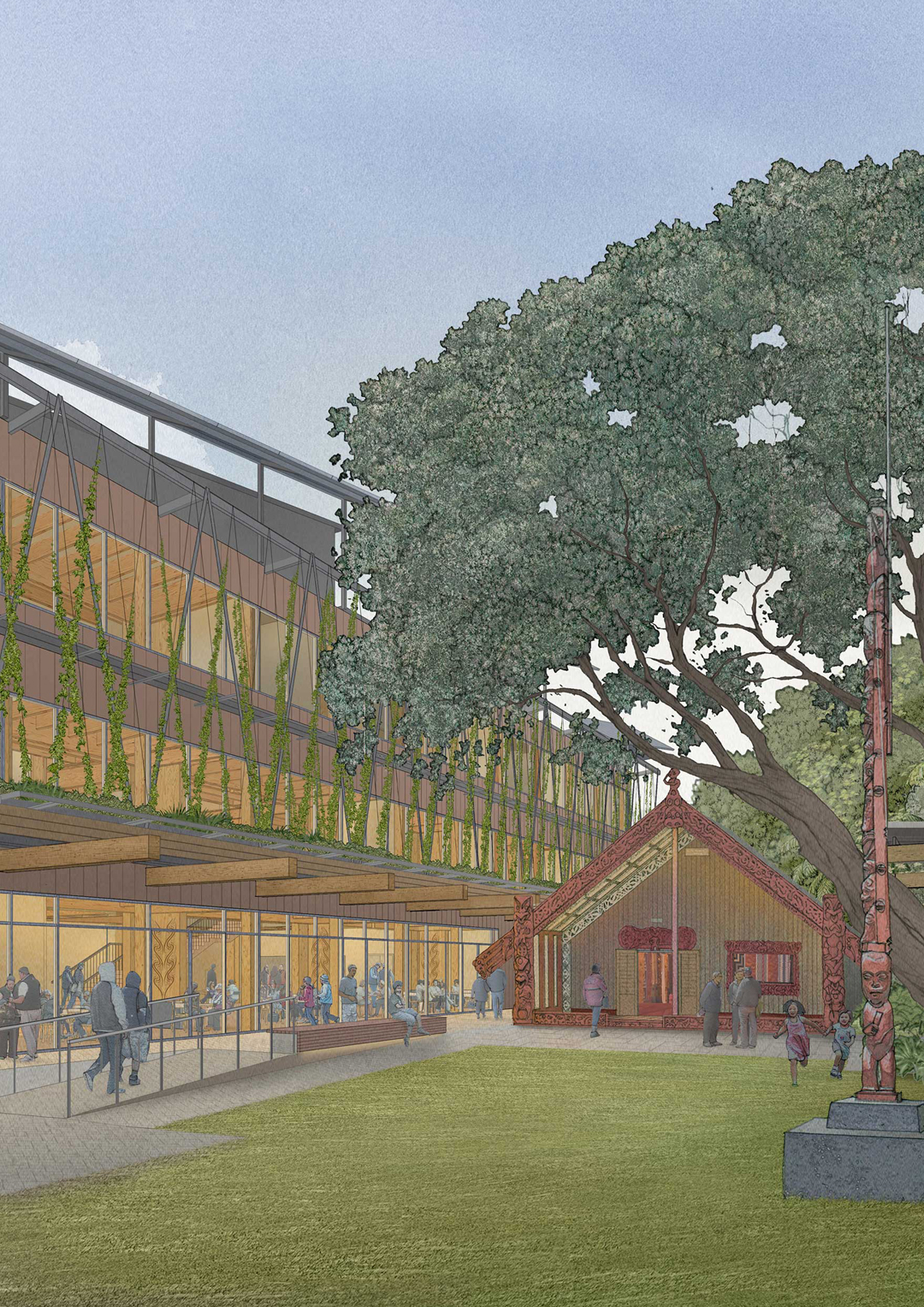“It’s just going back and lending my hand to carry the load. Stepping in and doing my part, whatever that may be. It may just be getting back in there and washing the dishes, and I’m happy to do that.”
But her iwi will be gaining more than that.
While finishing her Bachelor of Laws and Bachelor of Arts with First Class Honours in Māori Studies and Linguistics at Te Herenga Waka—Victoria University of Wellington, Mereana began teaching here. She went on to make the switch from academia to journalism. She began reporting at what was then TV3 and subsequently has been overseas, first in London as a freelance correspondent and output editor at the international news agency Associated Press, and now at Al Jazeera.





